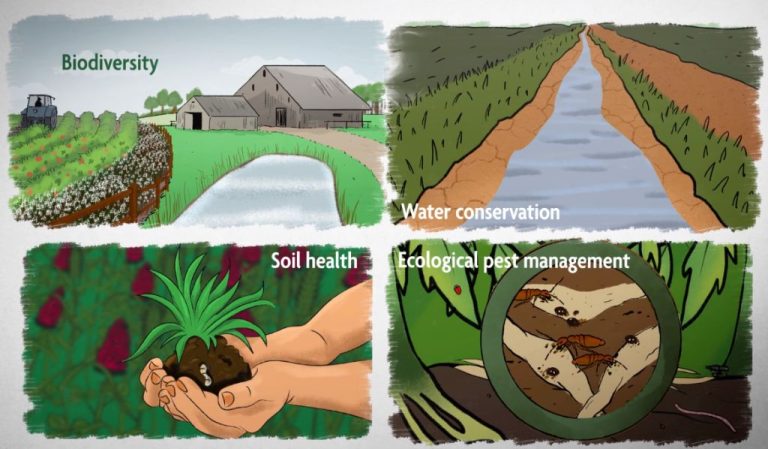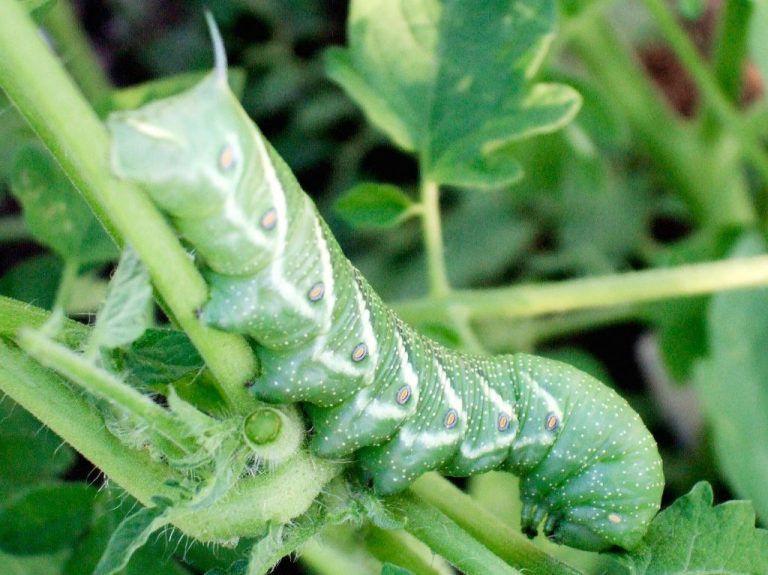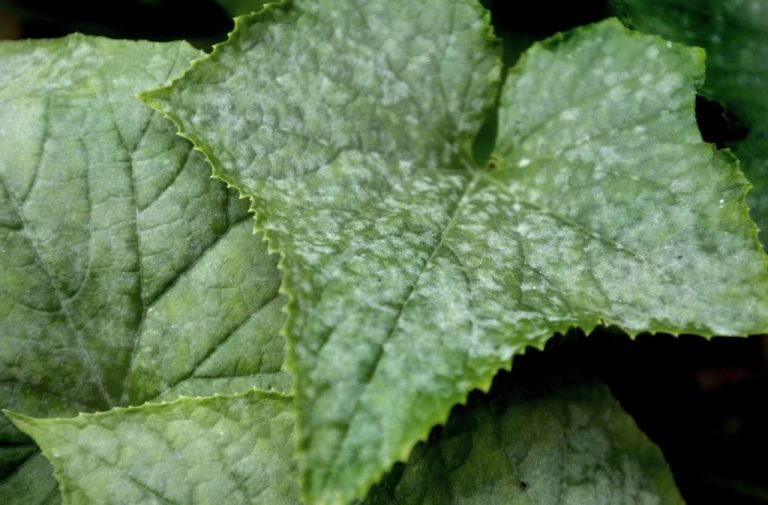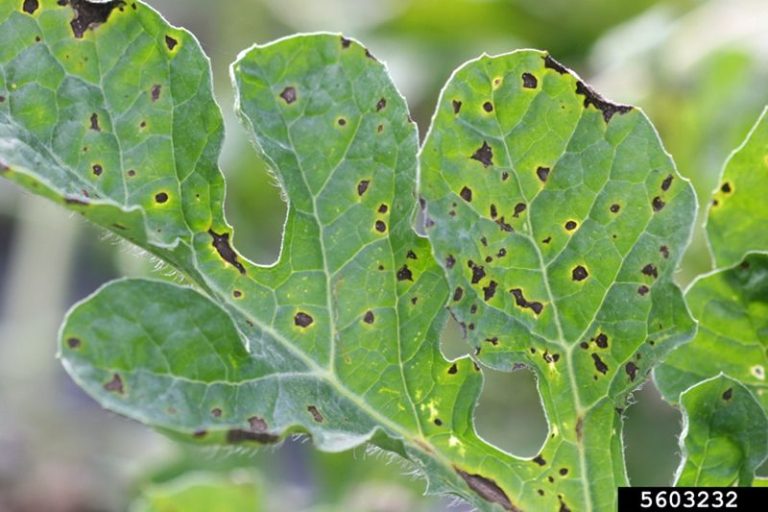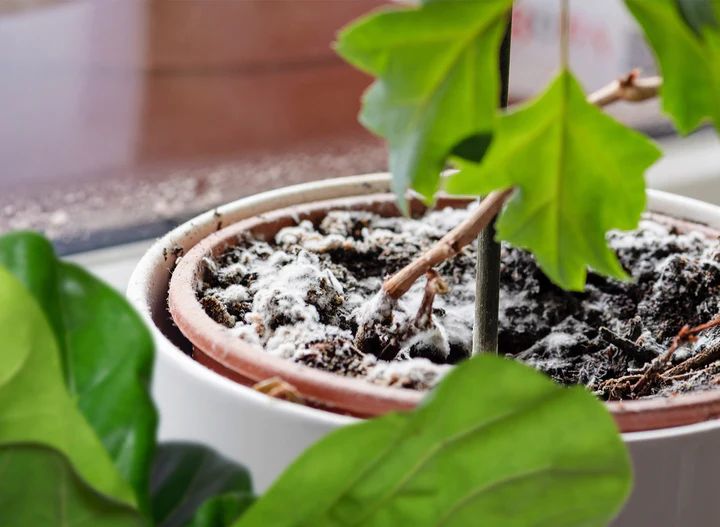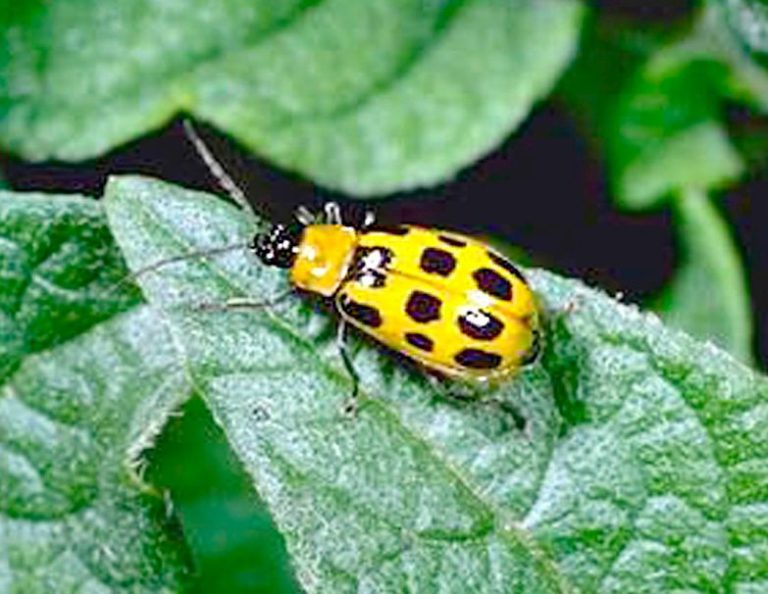Managing Aphid Infestations On Roses: Keeping Your Plants Healthy
Aphids are common garden pests that can infest rose bushes and cause serious damage if left unchecked. They feed on the sap from the rose’s leaves and stems, which can weaken and distort plant growth. Severe infestations can stunt blooms and potentially kill the plant if not controlled.
It’s important for rose gardeners to understand aphid lifecycles and monitor for early signs of infestations. Catching an aphid problem early allows for more effective organic pest management before populations explode. Prevention is also key – utilizing proper horticultural practices can help avoid infestations from taking hold in the first place.
This guide will provide an overview of aphid biology, the damage they inflict, and most importantly how to organically prevent and control infestations for healthy, vigorous roses.
Identifying Aphid Infestations
Aphids on roses are soft-bodied insects that come in a variety of colors including green, white, black, brown, and red. They tend to feed in clusters on the tender new growth of rose plants, such as buds and the tips of shoots. You’ll often find them on the undersides of leaves as well (Source).
Signs that your roses have an aphid infestation include:
- Curled, stunted or distorted leaves and shoots
- Leaves that are sticky from honeydew secretions
- Presence of white cast skins from shed exoskeletons
- Clusters of aphids on stems, buds, and the undersides of leaves
Inspect new growth thoroughly, especially the parts closest to the stem on buds and shoots, to check for aphid clusters. Also look on the undersides of leaves for colonies. Catching an infestation early is key to effective management.
Life Cycle of Aphids
Aphids go through multiple life stages and reproduce rapidly. The life cycle begins with wingless females called stem mothers that hatch in spring from eggs laid the previous fall. These stem mothers give birth to live nymphs without mating. The nymphs mature within 7-10 days and begin reproducing asexually themselves, giving birth to up to 5 nymphs per day (Rose Society, 2018). This allows aphid populations to increase exponentially in a short period of time.
During the summer months, aphids continue reproducing asexually, producing generations of wingless females. When populations become crowded or environmental conditions deteriorate, some aphids develop wings to find new plants to colonize. In the fall, both male and female winged aphids are produced that mate, giving rise to overwintering eggs (Koppert, n.d.). This seasonal pattern allows aphids to thrive during summer and survive harsh winters.
Damage Caused by Aphids
Aphids cause damage to rose plants in several ways. When aphids feed on the sap from leaves, buds, and stems, this depletes the plant of nutrients and sugars it needs to grow strong and produce flowers (source). The loss of nutrients stresses the plant and makes it weaker and more susceptible to other issues.
As aphids feed, they also secrete a sticky substance called honeydew that coats leaves and stems. The honeydew attracts sooty mold fungus that covers the plant’s foliage in black residues, blocking sunlight and reducing photosynthesis. This combination of sap loss and mold growth can stunt growth and lead to decreased blooms (source).
Aphid feeding and honeydew secretions create openings where diseases can enter the plant. Common rose diseases spread by aphids include powdery mildew, black spot, and rust. An infestation of aphids makes it very difficult for the rose bush to fend off these harmful diseases.
Organic and Natural Pest Control
There are several organic and natural methods that can help control aphid infestations without using harsh chemicals. These approaches focus on removing the pests by hand, introducing natural predators like ladybugs, and using organic insecticidal soaps.
One of the most direct organic methods is to physically remove the aphids by hand. Check the undersides of leaves and flower buds where aphids tend to gather. Knock them into a bucket of soapy water to kill them. Repeat this process daily to help reduce their numbers.
Ladybugs are a natural predator of aphids, so releasing them into your garden can help control infestations. They feed on aphids without damaging plants. Buy ladybugs from a garden store and release them onto affected plants. One ladybug per square foot is recommended. They will likely fly away after eating the aphids, so you may need multiple releases.
Insecticidal soaps derived from natural ingredients like potassium salts or plant oils can also kill aphids on contact. Spray the soap solution directly onto the insects to disrupt their soft bodies and protective coating. Cover all plant surfaces since it only kills aphids it touches. Insecticidal soaps may need reapplication every few days. Always follow label directions.
Chemical Pesticides
Chemical pesticides can be an effective way to control heavy aphid infestations on roses quickly. Some common chemical pesticides used for rose aphids include:
- Insecticidal soaps – Made from potassium salts of fatty acids, these break down the outer layer of the insect’s exoskeleton causing dehydration and death.
- Neonicotinoids – Systemic pesticides like imidacloprid are taken up by the plant and make its tissues and sap toxic to sucking insects like aphids.
- Pyrethroids – Fast acting synthetic pesticides like bifenthrin that attack the insect’s nervous system.
When using chemical pesticides, be sure to read and follow all label directions carefully. Apply them early in the morning or late evening when pollinators are less active. Thorough coverage of all plant surfaces is important for good control.
Take precautions to avoid getting chemicals on skin or inhaling spray. Wear protective clothing, gloves, and a respirator when mixing and spraying. Be aware that many insecticides can also kill beneficial insects like ladybugs that prey on aphids.
Chemical pesticides often provide only temporary control. Aphids can quickly develop resistance, and sprays may need to be repeated frequently. For long term control, integrate chemical sprays with other methods like horticultural oils, natural predators, and plant health best practices.
Preventing Infestations
Keeping your roses healthy is one of the best ways to prevent aphid infestations. Use organic fertilizers and compost to nourish the soil and promote strong growth. Prune roses regularly to open up the plant structure and allow for air circulation (Source 1). Water at the base of the plants and avoid overhead watering.
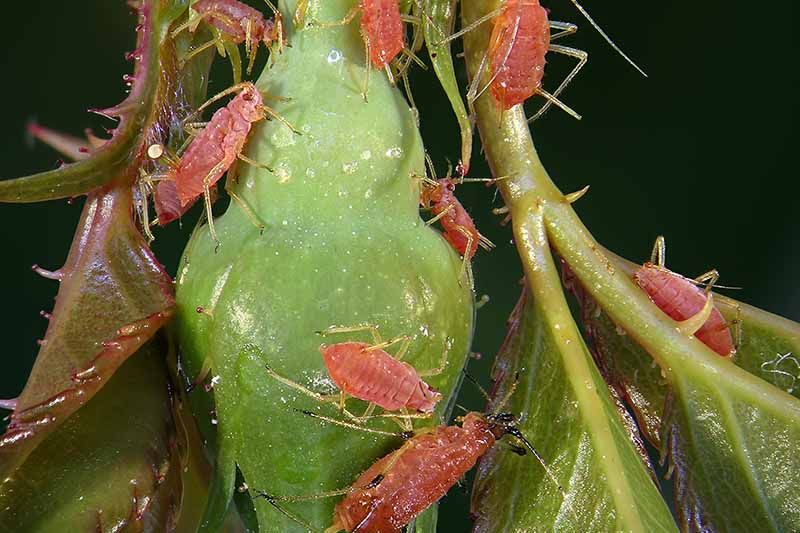
Remove any weeds from the rose bed, as these can act as alternate hosts for aphids. Common weeds like sow thistle and chickweed attract aphids, allowing their populations to build up before migrating to the roses (Source 2).
Using physical barriers can help exclude winged aphids from infesting the plants. Row covers like horticultural fabric create a protective layer while still allowing air, light, and water to reach the roses. Time the placement of row covers to periods when aphids are most active, like spring and fall.
Early Detection
Early detection is crucial in mitigating aphid damage. Regularly monitor your roses carefully to spot infestations early before they get out of control. Aphids tend to hide on the undersides of leaves and in areas like buds and new shoots. Check these areas closely for any signs of infestation.
Some signs to look for include shiny or sticky foliage, curled leaves, and presence of ants which are attracted to the sap excreted by aphids. Keep a garden journal to record when and where you spot aphids each year. This will help you identify patterns and times when your roses are most vulnerable.
By scouting regularly and keeping diligent records, you can detect an infestation in its early stages. This gives you the best chance to control the aphids before they damage your roses significantly.
Managing an Existing Infestation
If you discover an aphid infestation on your roses, taking quick action is important to prevent further spread. Here are some tips for managing an existing aphid problem:
Isolate affected plants as soon as possible. This prevents aphids from spreading to healthy plants. Quarantine infested roses away from the rest of your garden.
Use a combination of manual removal, natural predators, and pesticides. Remove any visible aphids by hand and spray plants thoroughly with insecticidal soap or neem oil according to label instructions (Source). Release ladybugs or other natural predators to eat the aphids.
Be vigilant and persistent. Aphids reproduce quickly, so you’ll need to monitor plants closely and retreat regularly to control an infestation. It often takes multiple applications of insecticides over 7-10 days to fully clear aphids from roses.
Prune away any dead or heavily infested foliage, buds, and stems, disposing of them in sealed bags. This removes food sources and hiding places for the aphids.
Spray down plants thoroughly with water to wash away colonies. Repeat daily along with applying insecticidal soaps.
Sticky traps near plants can help monitor the aphid population and trap some flying aphids. Replace traps regularly.
Be patient and consistent. With diligent monitoring and treatment, you can eliminate an aphid infestation and keep your roses healthy.
Conclusion
In summary, there are several key strategies for managing aphid infestations on roses to keep plants healthy. The most important is early detection through regular monitoring and inspection of plants. At the first sign of aphids, taking quick action is critical. For minor infestations, pruning affected areas, spraying plants down with water, or applying insecticidal soap may eliminate the pests. For more serious infestations, chemical pesticides are often needed, but should be used judiciously and according to label instructions.
Ongoing prevention is also vital to avoid recurring issues with aphids. This includes pruning plants to improve air circulation, avoiding excess nitrogen fertilization, and introducing natural predators like ladybugs or lacewings. Newly purchased roses should be quarantined and inspected before placing among other plants. With vigilance and proper control methods, aphid infestations can be effectively managed.
Keeping roses free from aphids takes persistence, but is important for the health and longevity of the plants. Following integrated pest management principles that incorporate multiple tactics can help minimize the use of harsh chemicals while still protecting roses. Being informed on the life cycle and behaviors of aphids allows for more targeted and timely control methods. With knowledge and diligence, gardeners can outsmart these tiny pests to enjoy beautiful, thriving rose bushes.

